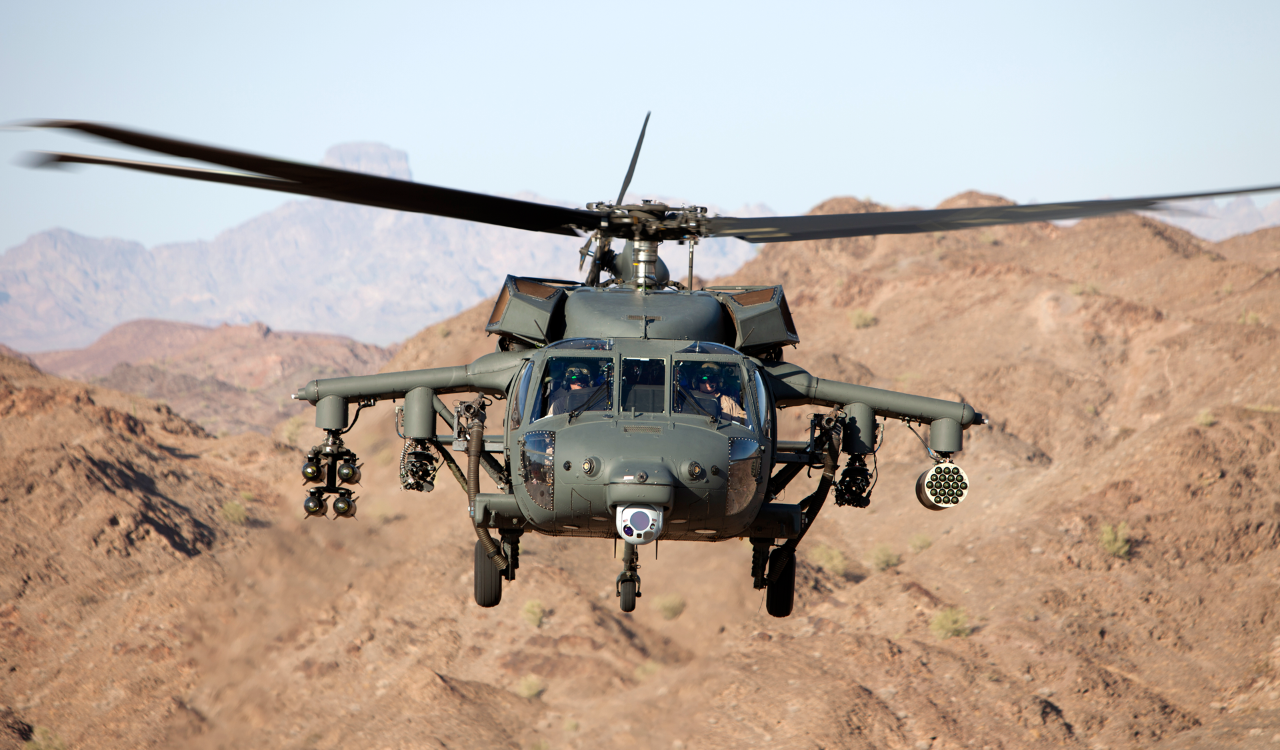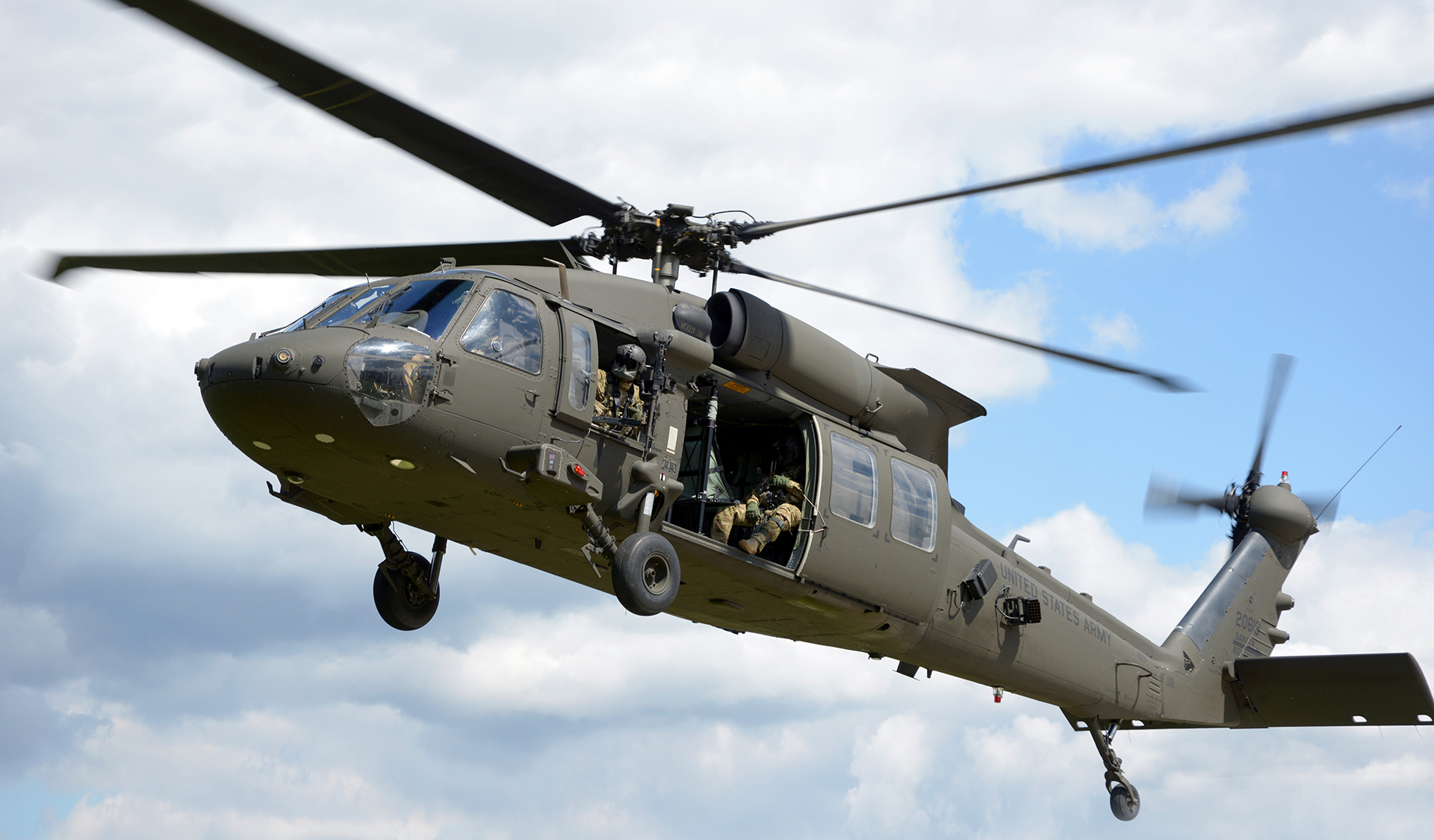The Function of Aircraft in Shaping International Transportation and Trade Characteristics
The advancement of airplane has indelibly transformed global transport and trade dynamics, promoting unmatched levels of connection and performance. With the establishment of durable air cargo networks, businesses can currently navigate global markets with amazing speed and dexterity, thus redefining supply chain strategies. Nonetheless, this improvement is not without its challenges, as the aeronautics market comes to grips with sustainability concerns and governing pressures. As we discover the diverse impacts of aircraft on international trade, it is important to think about exactly how these factors will certainly form the future landscape of air travel and its duty in the economic climate.

Advancement of Air Transport
The development of air transport has been noted by considerable technological innovations and developments that have changed the method individuals and products cross the globe. From the Wright siblings' first powered trip in 1903 to the advancement of supersonic jets, each milestone has actually underscored the ruthless pursuit of effectiveness and speed in air traveling. Early airplane were mostly simple, restricted by engine power and structural honesty. Nevertheless, the intro of advanced products and aerodynamics in the mid-20th century led to significant renovations in aircraft efficiency, reliability, and security. uh 60.
The latter part of the 20th century experienced the introduction of industrial air travel as a sensible mode of transport, characterized by the introduction of jet engines, which revolutionized air travel by considerably decreasing flight times. Furthermore, developments in navigating and interaction modern technologies have boosted functional effectiveness and security, enabling for more complex flight paths and routines. The increase of air freight in parallel with passenger solutions has additionally highlighted the flexibility of aviation. As we look to the future, arising modern technologies such as self-governing and electric airplane guarantee to redefine the air transport landscape, making sure continued advancement and adjustment to worldwide demands.
Influence On Global Profession
Air transportation has exceptionally reshaped international trade by assisting in the swift movement of items across vast distances. This expedited logistics capacity enables organizations to respond swiftly to market demands, consequently enhancing supply chain performance. The capability to move disposable items, high-value items, and time-sensitive items has actually opened new markets and possibilities for various sectors, considerably affecting profession patterns.
Furthermore, the growth of air cargo networks has cultivated globalization, enabling business to resource materials and products from various components of the world perfectly. This interconnectedness lowers lead times and expenses, permitting businesses to remain competitive in a significantly international marketplace. Furthermore, air transportation plays a crucial role in ecommerce, where consumer expectations for quick shipment have driven a surge popular for air products services.
The impact of aircraft on worldwide profession encompasses the development of calculated profession courses, connecting regions and assisting in international partnerships. Countries that invest in air transport facilities usually experience boosted economic growth and enhanced foreign direct investment. Generally, the development of air transport has not just changed the logistics landscape but has additionally come to be an essential part in the characteristics of international profession.

Financial Benefits of Aviation
A durable aeronautics industry generates substantial financial advantages, adding to task creation, tourist, and overall financial development - uh 60. The aeronautics industry supports numerous tasks worldwide, varying from direct employment in airport terminals and airline companies to indirect functions in sectors such as friendliness, transportation, and logistics. According to industry records, for every work in the air travel sector, about 3.5 additional work are produced in the broader economic situation
Tourism is a crucial aspect of the financial advantages originated from aeronautics. Air travel assists in global tourism, permitting tourists to check out varied destinations, which subsequently stimulates neighborhood economies. Nations that buy their air travel framework typically experience raised traveler arrivals, bring about higher costs on services such as dining establishments, resorts, and attractions.

Additionally, aviation enhances international connection, allowing services to access brand-new markets and resources efficiently. As a result, industries such as e-commerce and manufacturing benefit tremendously from reputable air transport, further driving economic growth.
Difficulties Dealing With the Air Travel Industry
Navigating an intricate landscape of governing, ecological, and economic challenges, the aviation sector deals with considerable obstacles that endanger find out here its sustainability and growth. Laws bordering safety and safety are continuously progressing, requiring continuous compliance and adjustment from manufacturers and airlines (uh 60). This can bring about boosted operational prices and source allotment that detracts from technology and growth initiatives
Furthermore, environmental concerns have actually ended up being paramount, with expanding scrutiny over carbon exhausts and sound pollution. The market is under pressure to take on greener modern technologies and practices, which commonly call for significant financial investment in study and growth. Stabilizing these environmental obligations with the demand for flight presents a significant challenge.
Financial variations, such as rising fuel costs and geopolitical uncertainties, additionally make complex the landscape. Airlines often face unstable operating expense and changing passenger demand, which can influence earnings and lasting preparation. Labor scarcities and ability voids in crucial locations include an additional layer of intricacy, hindering operational performance.
Eventually, resolving these multifaceted difficulties is vital for the aviation industry to preserve its crucial role in worldwide transportation and trade, while making sure strength and adaptability in a progressively affordable market.
Future Trends in Flight
Emerging technologies and shifting consumer preferences are poised to reshape the future of flight considerably. The combination of fabricated knowledge and artificial intelligence is expected to this website enhance functional efficiency, enhance flight terminal processes, and enhance customer solution. Anticipating analytics will certainly assist in much more Our site accurate demand projecting, permitting airline companies to maximize trip timetables and pricing designs.
Sustainability is coming to be a crucial motorist in flight, with the aviation industry increasingly concentrated on reducing carbon exhausts. Developments in airplane design, such as hybrid and electrical propulsion systems, are being checked out to fulfill ecological targets. In addition, the fostering of lasting aviation fuels (SAFs) is expected to play an important duty in achieving net-zero exhausts by 2050.
Consumer choices are moving in the direction of individualized travel experiences. Airlines are buying advanced information analytics to customize services and boost consumer interaction, guaranteeing a much more customized trip from reserving to arrival. Additionally, the surge of remote work may cause boosted need for recreation travel, as people seek to incorporate work and trip.
Conclusion
The evolution of air transportation has transformed global trade, generating significant financial benefits while likewise providing obstacles that call for calculated monitoring. The ongoing adaptation of the air travel sector will be necessary for maintaining its payments to the worldwide economy.
The last part of the 20th century saw the introduction of business aviation as a sensible mode of transport, defined by the intro of jet engines, which changed air traveling by considerably minimizing trip times. The surge of air cargo in parallel with guest services has actually better underscored the versatility of aviation. Additionally, air transport plays an important function in shopping, where customer assumptions for rapid distribution have actually driven a rise in need for air freight services.
In general, the development of air transportation has not only transformed the logistics landscape but has also come to be an essential part in the characteristics of worldwide trade.
Sustainability is ending up being a key motorist in air traveling, with the aeronautics market progressively concentrated on lowering carbon exhausts.
 Ben Savage Then & Now!
Ben Savage Then & Now! Jenna Von Oy Then & Now!
Jenna Von Oy Then & Now! Jurnee Smollett Then & Now!
Jurnee Smollett Then & Now! Elin Nordegren Then & Now!
Elin Nordegren Then & Now! Robin McGraw Then & Now!
Robin McGraw Then & Now!